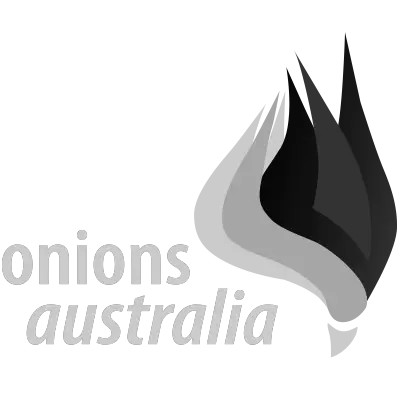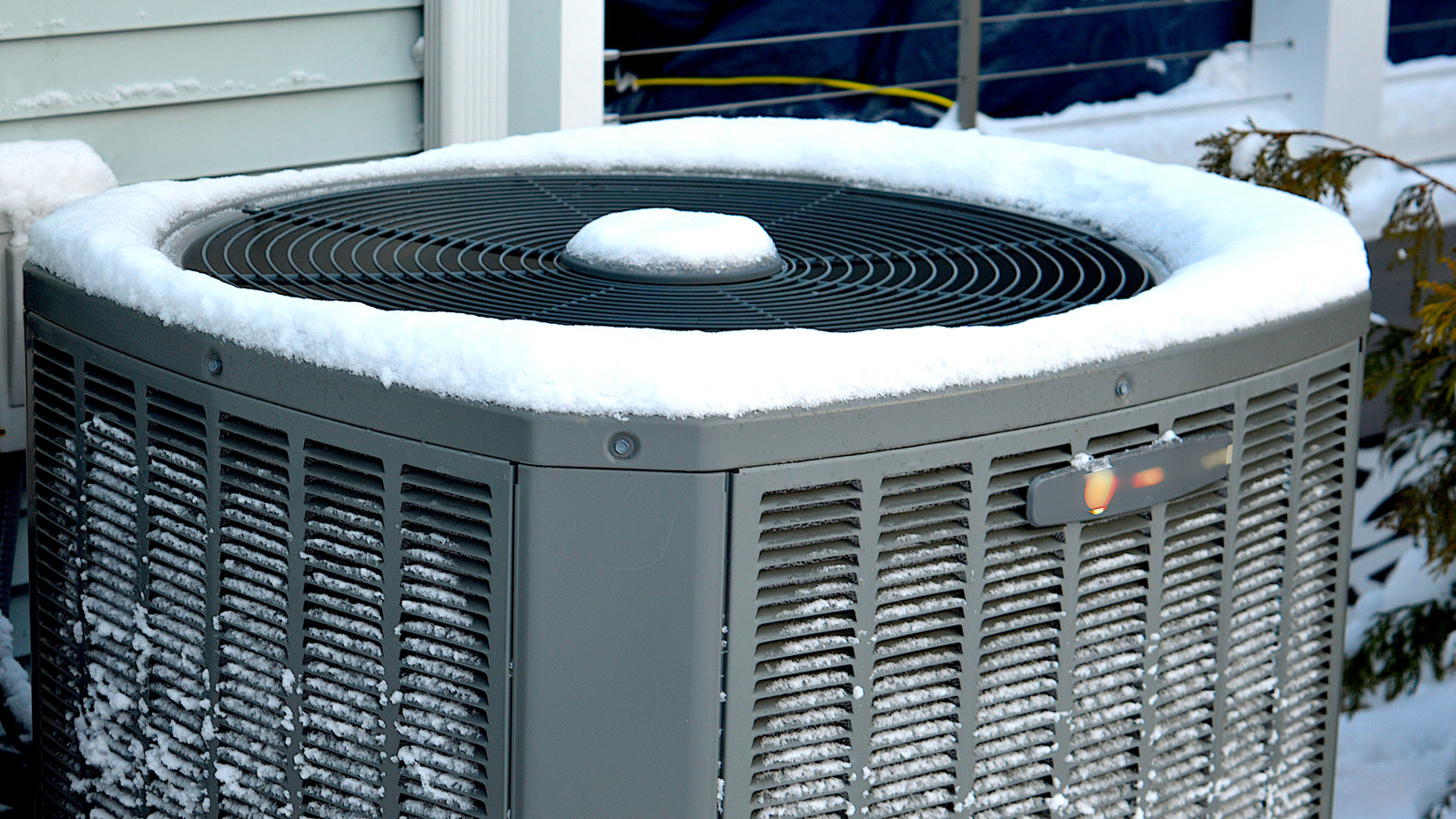
Having a complete HVAC system is invaluable during extreme seasons. Whether it’s turning up the heat in winter, efficiently cooling down in summer, or enhancing air quality, maintaining regulated ambient conditions ensures comfort. Regardless of whether your air conditioning unit is in a single room or part of an outdoor system connected to central vents, it must be winter-ready. If you neglect to cover or remove your air conditioner (ensuring not to obstruct the condensing unit pump if it powers your heater), the refrigerant inside can freeze, leading to ice formation. Excessive winter build-up not only wastes energy but can also incur costly damage. So, how can you remedy a frozen A/C unit?
Standard HVAC heat pumps include a defrost cycle operating at 30-, 60-, or 90-minute intervals to warm outdoor components. However, this can inadvertently cool indoor areas and might not be sufficient to resolve the issue. Attempting to scrape ice could cause damage, and methods like pouring hot water on the unit could also be harmful. To prevent HVAC systems from freezing, you can take preventive measures such as removing outdoor debris or snow and trimming nearby foliage for better airflow. However, winter conditions might exacerbate pre-existing maintenance issues. You may have to switch off your thermostat and wait a few hours for the unit to defrost once your HVAC system thaws.
Reasons You Might See Ice on Your HVAC Unit Outside of Winter
Even if your residential heat pump is well-maintained, HVAC units and air conditioners generally need replacement every 10 years. If your unit is within this period and you notice unusual ice build-up even outside winter, you can troubleshoot some issues yourself. Possible causes for a frozen HVAC unit include dirty air filters (check return ducts and grills for central A/C, or the grill facing inward for a single-room unit), debris in the drainage system, low or leaking refrigerant levels causing the unit to overwork, faulty wiring, or incorrect thermostat settings resulting in improper usage.
Blockages from outdoor debris or dirty air filters are problems you could theoretically address on your own, but anything beyond routine maintenance should be handled by a professional technician to ensure your HVAC system is in top condition before winter arrives. Look out for signs of your A/C system freezing: continuous operation with reduced efficiency, excessive water drainage or condensation build-up, visible ice on the refrigerant line or evaporator coil, or unusual noises from the heating system.
Over 200,000 technicians in the United States specialize in HVAC systems, and they can inspect related issues with indoor heaters and air conditioning systems, or examine the combustion of your high-efficiency furnace. Keeping a technician’s contact handy ensures your home remains a cozy retreat throughout any icy winter.






